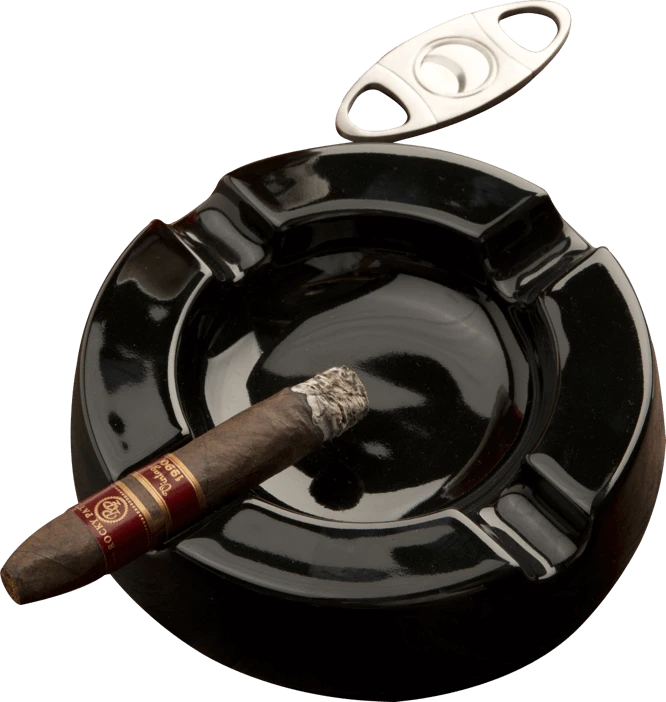
Guillermo Rico has been a leaf broker, a grower, and such an accomplished catador (cigar taster) that he reportedly can differentiate five different leaves in a single blend. Born in Cubita, Colombia to a family of tobacco growers, he and his son George own the Gran Habano and GR Tabacaleras Unidas line of cigars. They established their Danli, Honduras factory, La Perla Hondureña, in 1966, initially producing cigars for Alec Bradley and other top cigar labels. Given their knowledge and experience, they inevitably started their own brands, as well. They now also have farms in Colombia, Costa Rica, and Nicaragua. Not surprisingly, the Ricos take great pride in both their process and products. They select the best Habano and Corojo seeds and use the traditional entubar method of rolling—a method that assures each leaf burns at the same rate, and one long given up by most manufacturers as too labor intensive. Each leaf is rolled into tubes as the filler leaves are assembled, providing consistent paths for the smoke and air to travel straight though the filler. They invariably finish all their cigars with triple caps before draw testing them for quality control.
The Gran Habano Zulu Zulu Mas Paz White is a great example of the quality and craftsmanship they are known for. The name can be a mouth full, but this cigar was partly named after famed Colombian street artist Federico Frum, who goes by the name Mas Paz. It was also made in extremely limited quantities with a portion of the proceeds going to help renovation efforts for the orphanage La Casa de la Madre y el Niño that Mas Paz was adopted from at the age of one in Bogotá, Columbia. The cigar itself is also a work of art with an impressive Nicaraguan Habano wrapper and binder that secures a bevy of Nicaraguan long-fillers. Once lit, you’ll find notes of wood, caramel, pepper, spice, and leather. Medium in body, enjoy this smoke with a single malt scotch.
Honduras has been a tobacco growing and cigar manufacturing area for hundreds of years, but it was the Communist revolution in Cuba that really put Honduras on the map. In the 1960s, many Cuban cigar makers fled their homeland and arrived in Honduras to re-establish their way of life. The immigrants took advantage of the climate, soil, and geography, which were well-suited to tobacco growing, and began producing high quality cigars. The center of the Honduran cigar industry is the city of Danli and the nearby Jamastran Valley. The majority of the world’s pure Corojo tobacco is grown here, now that Cuba has stopped production of this iconic, spicy, and rich variety in favor of Corojo hybrids. Other important areas of Honduran cigar production include the Talanga Valley, Copan, and Trojes.

Outstanding Values On Top-Rated Cigars
Our purchasing power allows us to offer exceptional reorder values on highly rated
cigars such as
Rocky Patel's Decade Torpedo, rated 95 in Cigar Aficionado.

